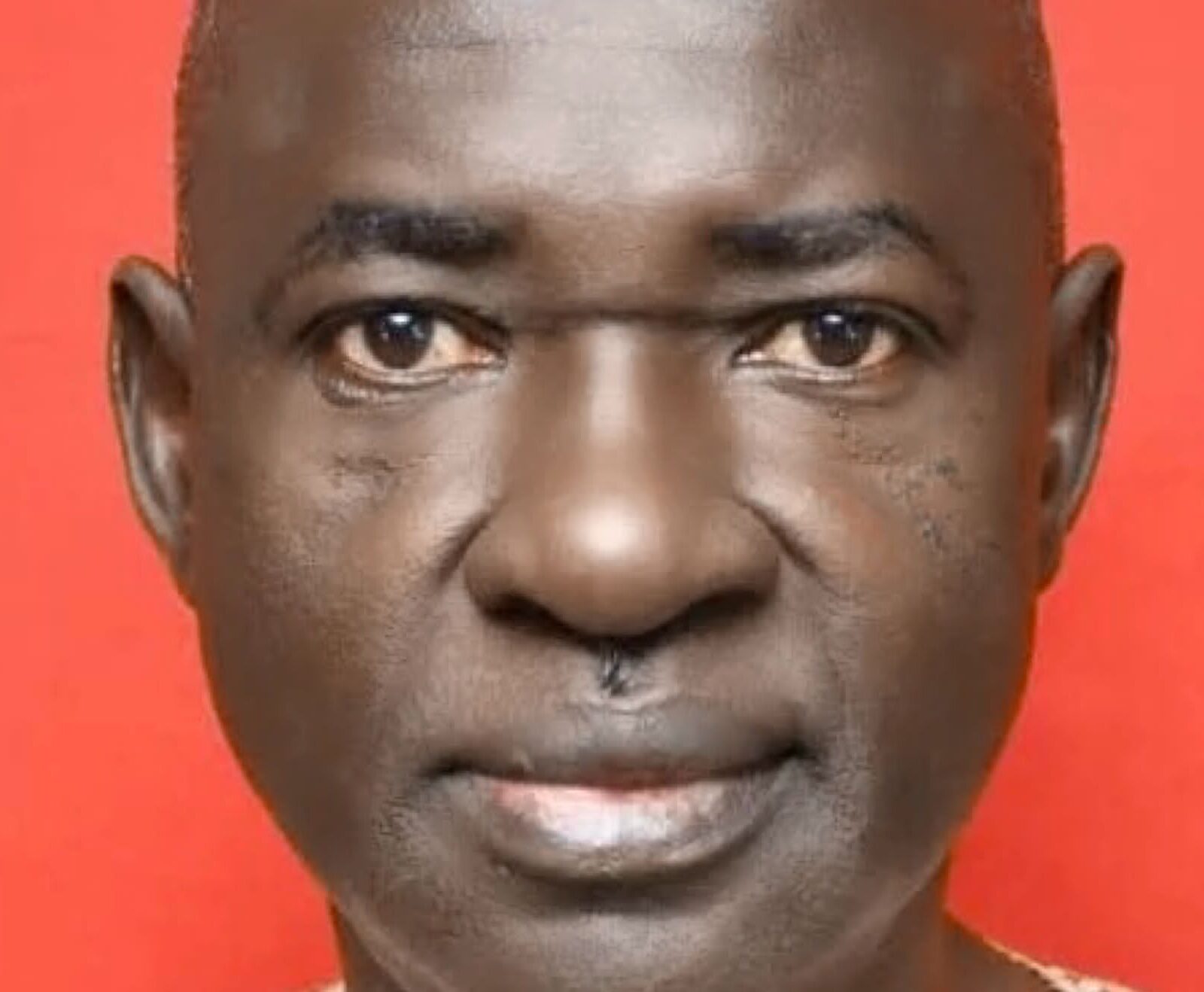Here comes another Good Friday and Easter. Familiar stories of the torment, death, burial and resurrection of Jesus the Christ. Stubborn facts that have refused to lose their meaning, relevance and efficacy more than two millennia since the events occurred. Soon after Jesus defeated the powers of the grave, the heavy stone used to hedge him in and the soldiers on guard, the authorities became jittery about the outcomes of those unprecedented episodes, notably his rise. Everything was done to twist the narrative. Even today, attempts to either trivialise or deny it altogether haven’t stopped. Luckily, history remains a witness to the potency of that epic moment; a collector of an abiding illustration of the eternal triumph of good over evil.
Commemorating those distinctive happenings in Jerusalem, therefore, goes beyond the surface. People, particularly believers in Christ, do utilise this moment to revitalise their inner strength – a vital asset that can’t be taken for granted in these troubling times. For most Nigerians, life has not been the same especially since President Bola Tinubu announced the removal of petrol subsidy at his presidential inauguration nearly two years ago and followed it up with the floating of the currency. Those punches have knocked down majority of the people and the main things they’ve received in abundance are excuses, explanations and more excuses from the president and his lieutenants.
There is hardly any aspect of the nation’s essential social and economic indices and their accompanying figures that compares favourably with what had obtained under the previous administration(s). This becomes even more painful when weighed against the equally tough adversities experienced under President Muhammadu Buhari. The prospect of looking back at that period with nostalgia the way some people do now was unthinkable. But here we are.
President Tinubu has been a better public communicator than his predecessor, though. But months of continual pledging and exhortations to Nigerians to make the “necessary sacrifices” haven’t achieved real-time healing and any genuine hope for tomorrow. “I know how you feel”, a refrain in most of his speeches, hasn’t also succeeded in producing the desired atmosphere of empathy. I recommend that the statement be dropped from his future outings as it’s beginning to appear fake. One can actually argue that Tinubu can’t seriously understand the depth into which most of his fellow citizens have sunk. Living, for most of them, is now more traumatic than members of the ruling elite can contemplate. If they do, there’s virtually nothing to show that they care about the fate of their disadvantaged compatriots.
Advertisement
The fortunate and “hardworking” could easily dismiss this gloomy picture as extreme but the victims of the vicissitudes which test the very souls of men and women to their limits know the true current colour of survival. Hyper-inflation, a grossly diminished naira, scarce jobs, real concerns about multifaceted insecurity, growing loss of faith in the system, a political class that’s unwilling or incapable of exhibiting exemplary leadership, and a steady diminution of hope for tomorrow have all ganged up against the usually robust Nigerian spirit. But as I often readily concede, these negative energies are neither creations of this government nor originated by Buhari’s. Why our leaders are unable to translate their much-touted good intentions to practicable policies, programmes and projects for the benefit of all, however, further deepens the exasperation of the long-suffering masses.
The cross our nation has had to bear over time is opposition parties that are high on rhetoric only to mellow into underperformance and ineptitude as soon as they assume power. It’s easy to advise the citizenry to look inwards and not expect the government to do everything for them. I’m still searching for the list of the things governments at various levels do for the people. The country is saddled with an overburdened populace. Some have become emergency philosophers, others have succumbed to sinister forces like depression, and many have resigned to an uncertain fate. But how long will it take before the few surviving or thriving ones are overwhelmed by primary and collateral responsibilities?
Naturally, people are compelled to embrace some sort of soul-searching one way or the other in times of chaos and ennui. What better means than seeking solace or solutions from loftier heights. For Christians, these most significant days present an opportunity to look upwards too. My piece on this page during the holy week in 2022 titled, “Maximising This Passion Week”, validates the aphorism that the more things change, the more they remain the same.
Advertisement
It reads in part: “Jesus of Nazareth. The uniqueness of his person is, without doubt, superlative and incomparable. His public service lasted for just about three years, something that started at the age of 30. His only record of writing was when an angry mob brought a woman caught in adultery to him, threatening to stone her to death in fulfilment of the Law of Moses. He wrote on sand at a point but even the content was never captured. Yet, as many scholars have argued, Jesus has inspired more writings than any other person. And, what is more elevating than having a number of the world’s religions speak, usually reverentially, about one particular man in their own sacred books?”
He is in heaven now, according to the Bible. That effectively changed his physical address and placed him on a much higher pedestal. His immediate followers? We can, at least, identify with those men whose earthly sojourns were mostly truncated abruptly and brutally. The article continues: “As soon as he (Jesus) was arrested, the men he had worked and closely interacted with took off for the love of their own lives. That act of abandonment initially encouraged the Roman authorities and religious leaders to attempt to influence them into denying the authenticity of the resurrection of their master.
“In a turn of events and with the passage of time, however, the same disciples rediscovered their courage and voices and stood firm for what they believed, against the intimidating odds that were rapidly cropping up mainly from the political and religious hierarchies. A deep reflection on the lives, activities and end of those men, long after Jesus had departed, could set us, Nigerians, on the path of true loyalty to causes that have extra-mundane, more enduring values. Life, after all, has much more to do with convictions about ideals and the common good. The lead apostle, Peter, for instance, begged his tormentors who were about to crucify him to do so upside down since, he reasoned, he was not qualified to die in the same position as his boss.” That bravery in the face of danger was replicated by the rest disciples – human beings like us who refused to bend to the wiles and coercion of their persecutors. They demonstrated till they exited the planet that bliss wasn’t always sensuous.
They were probably preserved by the words of their lord who once told them that, “Except a corn of wheat falls into the ground and dies, it abides alone; but if it dies, it brings forth much fruit. He who loves his life shall lose it; and he who hates his life in this world shall keep it unto life eternal.” Meaning, there’s no circumventing the path to lasting fulfilment and rewards.
Advertisement
So, pain as a prerequisite for gain is one truism that Nigerians must keep in view. Not as an empty admonition by politicians but an indispensable tool for resilience which usually pays off. A reliable armour against these testy times. An assurance against the external pressures that seek to strangle the divine drive within. And the staying ability to persevere against diverse hurdles while awaiting fruition.
Ekpe, PhD, is a member of THISDAY editorial board.
Views expressed by contributors are strictly personal and not of TheCable.












